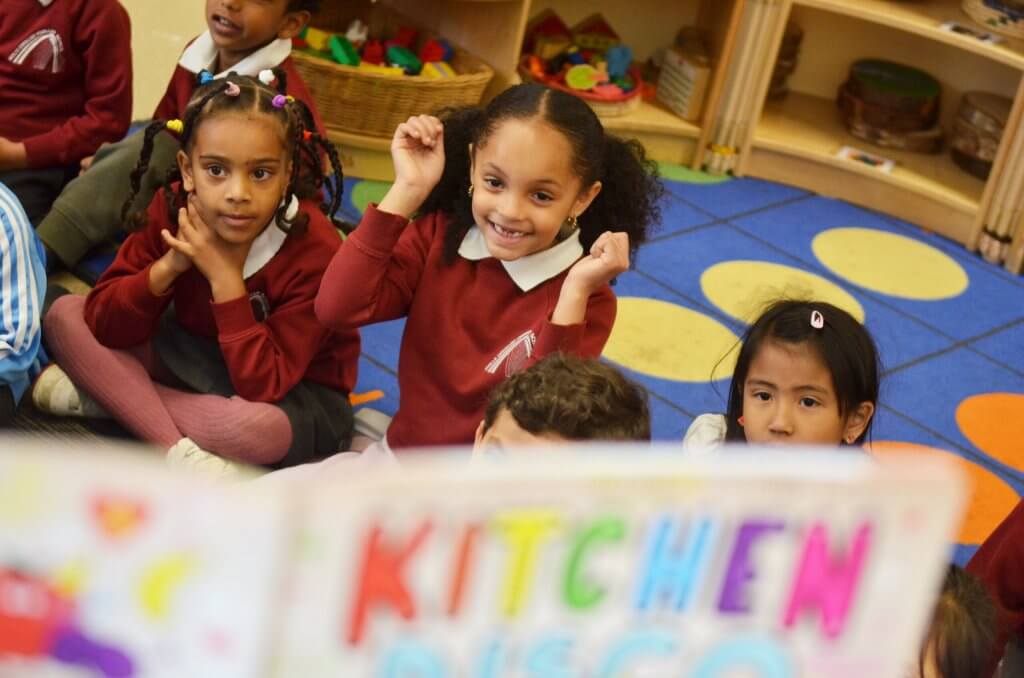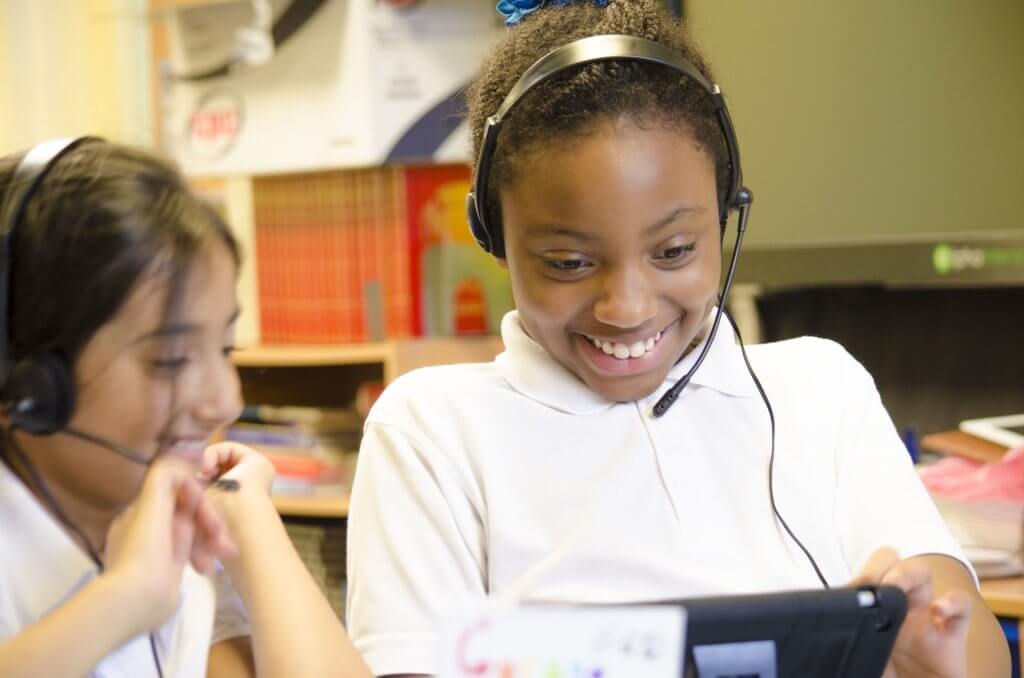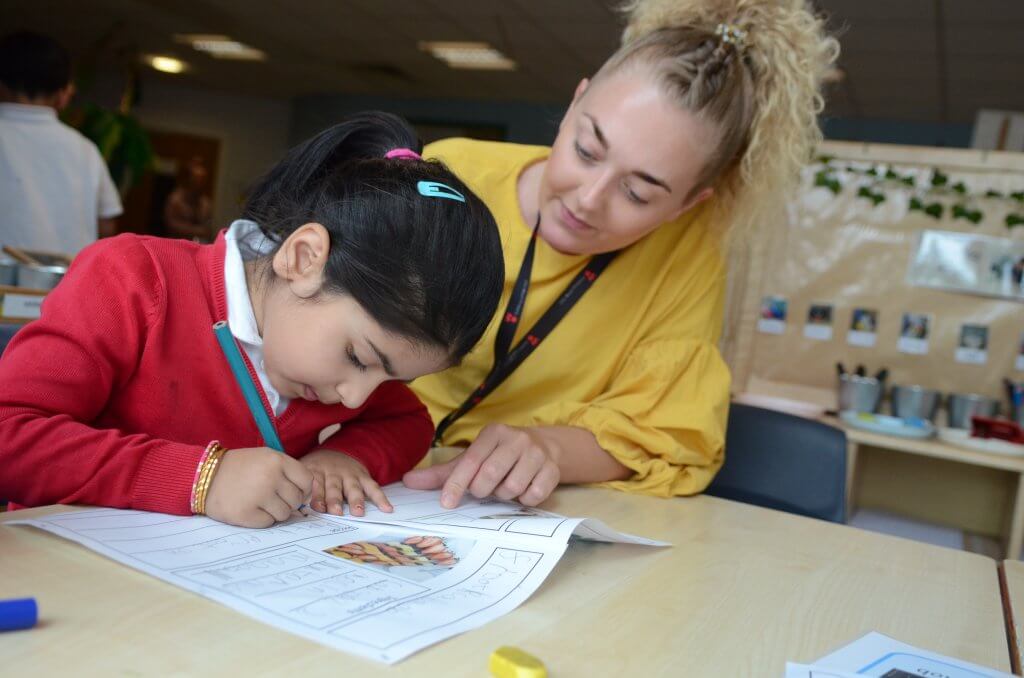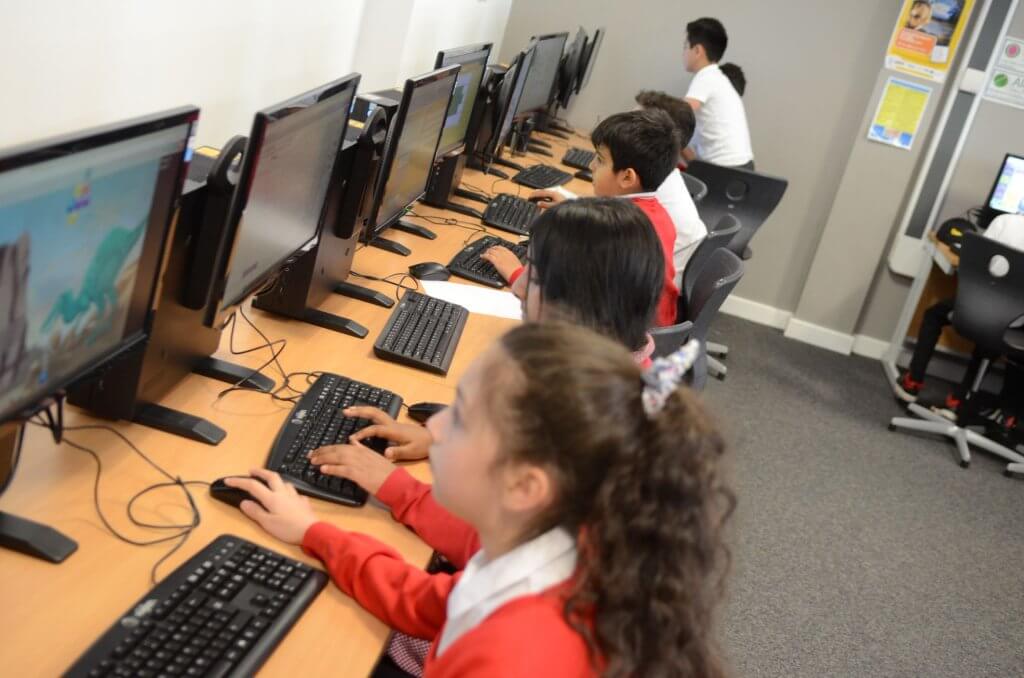Concerns raised over the DfE’s approach to academisation
Earlier this month, the Department for Education (DfE) released new guidance, setting out how it will make commissioning decisions for academy trusts to take on schools. The guidelines highlight that the DfE’s regional directors will assess performance data on school improvement and evaluate whether trusts offer high-quality and inclusive education as part of this process. The department will also use data on a trust’s workforce performance to inform decision-making.
To improve the openness and transparency of the decision-making process, the DfE recently held a remote briefing with multi-academy trust (MAT) leaders to outline its new commissioning guidance. However, during the session, MAT leaders raised concerns about the DfE’s alleged “mass consolidation agenda” for trusts.
One MAT representative said that the DfE sought to make trusts with fewer than five schools join a larger trust. In response, John Edwards, director-general of the DfE’s regions Group, emphasised that the focus remains on the quality of trusts, rather than the size.
Other leaders pointed out that communication from the department appeared to be one-sided, with larger trusts benefiting from more opportunities for dialogue with the regional director. Edwards said the DfE will consider feedback and reflect on how regional directors can hold group meetings with sector leaders. The new commissioning approach is set to be in operation this autumn.
The most common subjects for Ofsted deep dives
New data sheds light on the most common subjects for Ofsted deep dives, in which inspectors gather evidence on curriculum intent, implementation and impact by carrying out lesson visits, talking with school leaders, and looking at pupils’ work.
The inspection handbook mandates a deep dive into Reading for all primary school inspections, which is clearly reflected in the latest figures. Maths has emerged as the second most popular subject, with deep dives occurring in 97% of primary schools. This was followed by History at 46%, Geography at 27%, and Science at 23%. However, languages like French, Spanish and German were scrutinised in just 3% of cases, whilst both Music and Computing were inspected less than 10%.
Overall, primary schools undergo an average of four deep dives, whilst secondary schools face an average of five. In secondary education, English took the lead as the most common subject for deep dives, accounting for 86% of inspections. Maths followed behind at 77%, as well as Science at 60% and History at 55%. Music, Computing and Reading were amongst the least popular subjects for deep dives, whilst Religious Education placed last, receiving scrutiny in only 5% of inspections.
New plans to deliver high-quality PE and equal access to sports
The Department for Education (DfE) has released its “school sport and activity action plan,” setting out plans to boost the quality of PE and school sport, with a focus on providing girls with equal access to sports and meeting the target of at least two hours of PE per week.
The government confirms that the Primary PE and Sport Premium will continue for the academic years 2023/24 and 2024/25, with a total of over £600 million across two years. However, it wants to improve oversight of the premium so schools can make the most of its potential. Next summer, a new digital tool will be released for schools to report on the spending of their allocation of the premium. Schools will be expected to trial the tool by the end of the next academic year. It will then become a mandatory condition of grant funding in 2024/25. Alongside the digital tool, schools are encouraged to use an evaluation template created by the Youth Sport Trust and Association for PE, which will promote transparency and effective delivery of the premium objectives.
Additionally, the government has released updated guidance for the premium, drawing on the experience of schools who use their premium successfully. This will help schools to provide a minimum of two-hours PE per week, along with opportunities for extracurricular sports and competition. The guidance states that schools should also prioritise premium spending to improve equal access to sports for girls and boys. Furthermore, the government will update the School Games Mark to include new equality criteria, recognising schools’ efforts to provide equal opportunity in both curricular and extracurricular sports. This criteria will be phased in from September 2023.
Majority of special schools predict budget deficits
According to a survey carried out by the National Network of Special Schools for School Business Professionals (NNoSS), nine in ten special schools and alternative provision providers anticipate a budget deficit in the coming years. Over a third of these expect to face a deficit in the next year alone, with 27% and 22% foreseeing deficits in the next two and three years respectively.
The report highlights that many schools have already made cuts to cope with the financial pressures, saying ‘most cuts involve a reduction in staff, including redundancies, not hiring new stuff, changing contracts and reducing hours.’ The NNoSS warns that staffing costs are a particular challenge for specialist settings, where higher staff-to-pupil ratios are required. Almost 30% of respondents said they were unable to make further cuts.
Moreover, 90% said that the capital funding they received was not enough to ensure premises are maintained adequately. Of those schools that applied for condition improvement funds, only half were successful.
As a result, schools are increasingly using reserves to avoid deficits. Many have raised concerns about the new teacher pay deal, with leaders of special schools warning that the sector has not been factored into government calculations about what the average school can afford.
As we head into the summer holidays, we want to take this opportunity to thank our schools and academies for another remarkable year, working together to help each and every child achieve their full potential.
We hope you enjoy a restful and fulfilling break. Let’s take this time to reflect on the lasting impact we have made and return with new inspiration, ready to embark on another successful school year in September.












